If so, we would love to hear from you!
In the Bournemouth University Dementia Institute (BUDI), we are always developing ideas for projects that will take education and research forward. To make sure that the work we do will make a difference and really help, we need to hear the views of people with dementia and their carers.
If you are a carer and would like to help us every now and then by offering your views on our latest ideas or to suggest ideas of your own then we would love to hear from you. Also, if you know of anyone locally who has dementia or is a carer of someone with dementia who might like to get involved, do please pass this message on to them.
We have two projects at the moment that we would really appreciate help with. One is for a research project involving physical activity and the other an education project for a new course to run from 2015.
To get in touch, please contact the BUDI office via email on budi@bournemouth.ac.uk or call Michelle O’Brien, BUDI Administrator on 01202 962771 / Emma Pegrum, BUDI Admin Assistant on 01202 962543.
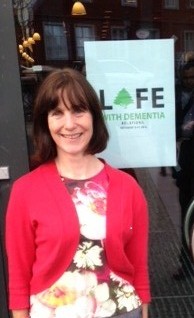



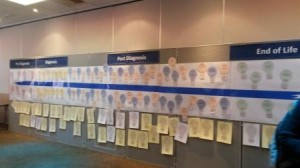
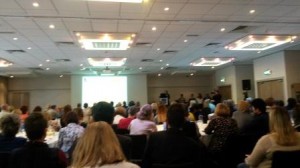




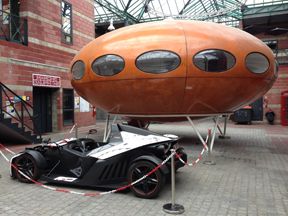
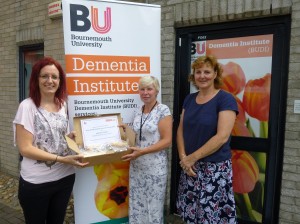



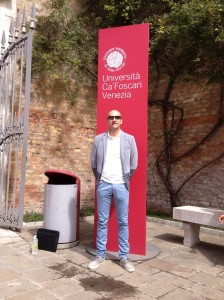


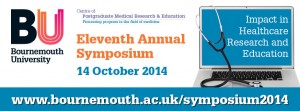











 Expand Your Impact: Collaboration and Networking Workshops for Researchers
Expand Your Impact: Collaboration and Networking Workshops for Researchers Visiting Prof. Sujan Marahatta presenting at BU
Visiting Prof. Sujan Marahatta presenting at BU 3C Event: Research Culture, Community & Can you Guess Who? Thursday 26 March 1-2pm
3C Event: Research Culture, Community & Can you Guess Who? Thursday 26 March 1-2pm UKCGE Recognised Research Supervision Programme: Deadline Approaching
UKCGE Recognised Research Supervision Programme: Deadline Approaching ECR Funding Open Call: Research Culture & Community Grant – Apply now
ECR Funding Open Call: Research Culture & Community Grant – Apply now ECR Funding Open Call: Research Culture & Community Grant – Application Deadline Friday 12 December
ECR Funding Open Call: Research Culture & Community Grant – Application Deadline Friday 12 December MSCA Postdoctoral Fellowships 2025 Call
MSCA Postdoctoral Fellowships 2025 Call ERC Advanced Grant 2025 Webinar
ERC Advanced Grant 2025 Webinar Update on UKRO services
Update on UKRO services European research project exploring use of ‘virtual twins’ to better manage metabolic associated fatty liver disease
European research project exploring use of ‘virtual twins’ to better manage metabolic associated fatty liver disease